China's top envoy to the United Nations on Thursday called for a cease-fire in Ukraine and emphasized the need to manage spillover effects, provide humanitarian assistance and ensure nuclear safety.
The cease-fire and cessation of fighting "must be pushed forward with all our strength", Zhang Jun, China's permanent representative to the UN, told a UN Security Council Meeting on Ukraine.
Just as President Xi Jinping emphasized at the 15th BRICS Summit this week that the Ukrainian crisis has evolved due to intricate causes, the foremost priority is to advance peace talks, encourage relaxation, halt hostilities and achieve peace, said Zhang.
"We believe the international community should urge concerned parties to maintain calm and restraint, find common ground, seek consensus, amplify rational voices to promote peace talks, and explore avenues to facilitate the execution of various peace initiatives," he said, adding that this will create favorable conditions for peace talks.
Zhang emphasized that actions such as continuing to send weapons to the battlefield, escalating unilateral sanctions, and any actions that may cause the war to get out of control should be avoided.
He further pointed out that the security of all nations is intertwined. "The Ukrainian crisis once again proves that it is not feasible to pursue the Cold War mentality, provoke camp confrontation, and seek absolute security."
Zhang also emphasized the necessity of managing the spillover effects of the Ukrainian crisis. Coupled with various economic security risks, the conflict has led to global shocks in areas such as food, energy and finance. That has made post-epidemic recovery, particularly the growth of developing countries, even more challenging, hindering the achievement of sustainable development goals, he said.
He called on major developed countries to adopt responsible economic and trade measures to ensure global industrial and supply chain stability, stop indiscriminate unilateral sanctions and long-arm jurisdiction, and abstain from politicizing and weaponizing the economy.
Humanitarian assistance must be unconditionally ensured, the envoy said. The prolonged conflict has resulted in the destruction of much large infrastructure, the displacement of millions of people, and a rise in humanitarian needs.
Under such circumstances, there must be strict adherence to international humanitarian law; the upholding of principles of necessity, distinction and proportionality; abstention from targeting civilians and civilian infrastructure; and guarantee people's fundamental needs and safety of lives and property.
Zhang reiterated that "the irresponsible transfer and use of cluster munitions can easily generate humanitarian crises, and relevant parties must be cautious".
All efforts must be made to prevent nuclear safety risks, said Zhang. He said recent explosions and gunfire near the Zaporizhzhia Nuclear Power Plant have raised alarms about nuclear safety and security risks.
"We should always be vigilant and pay attention to nuclear safety and security risks. There are no winners in a nuclear war," he said.








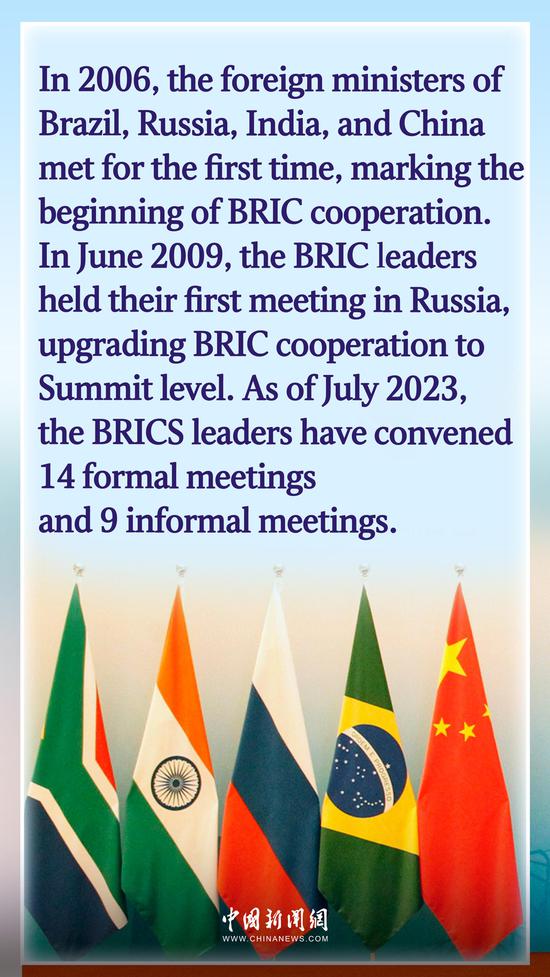
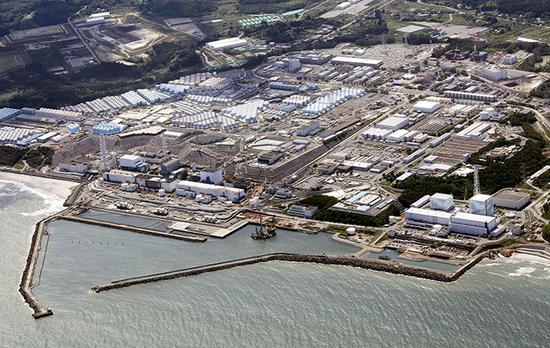
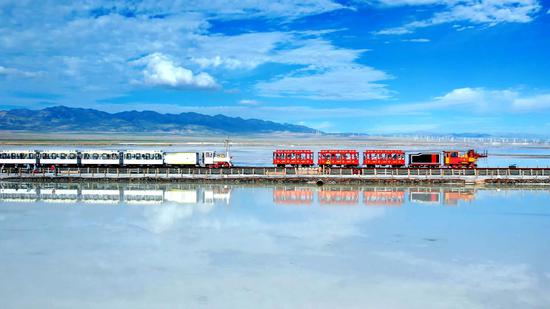
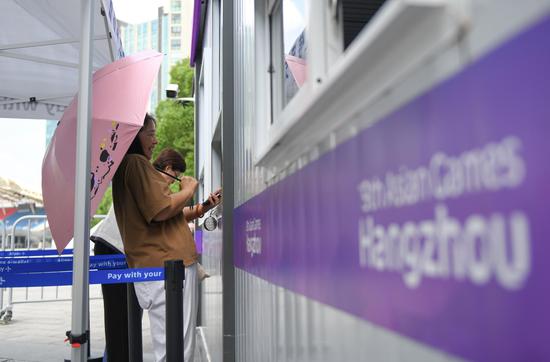
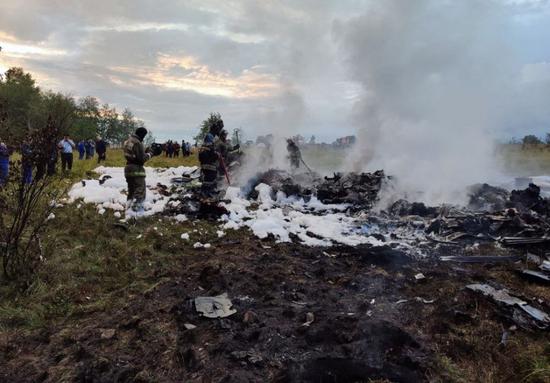
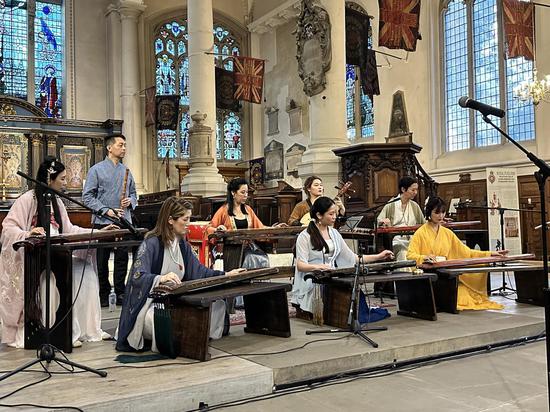

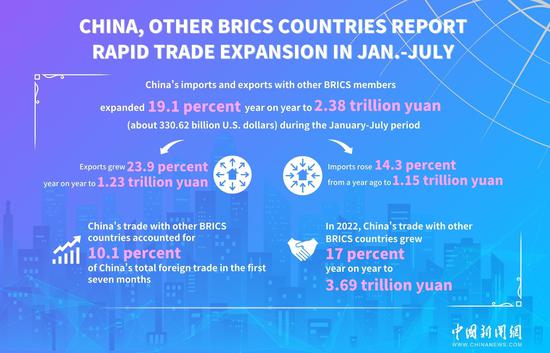
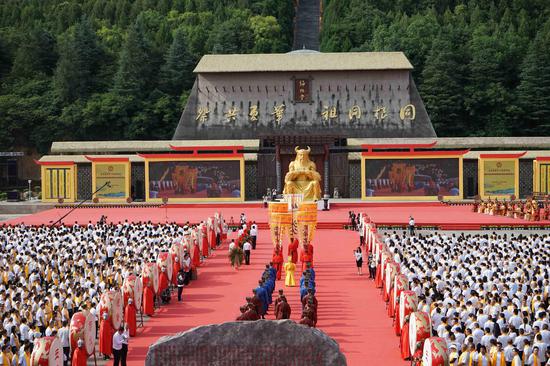


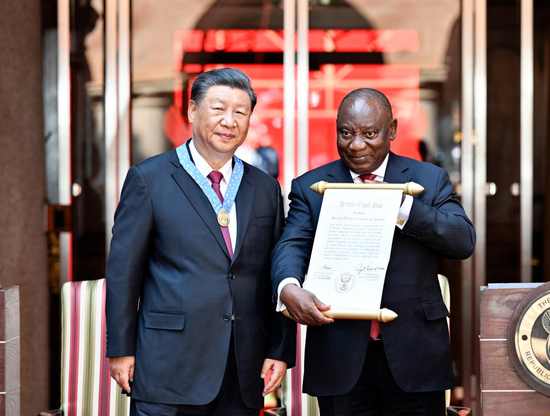






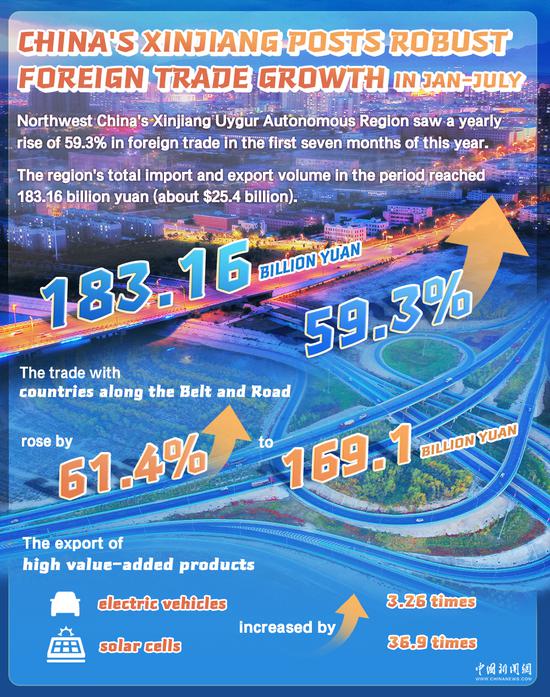
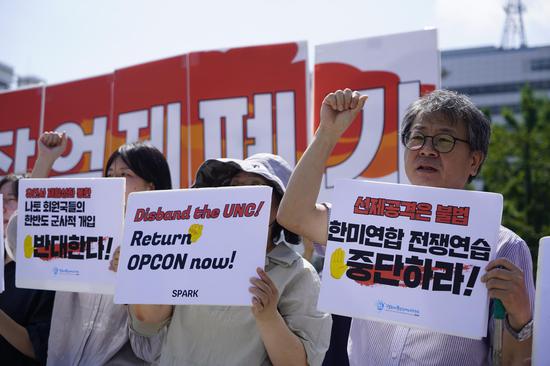

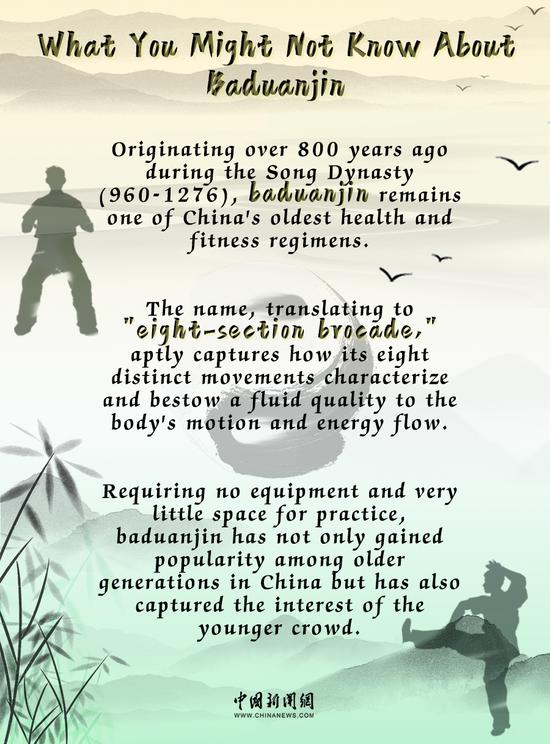
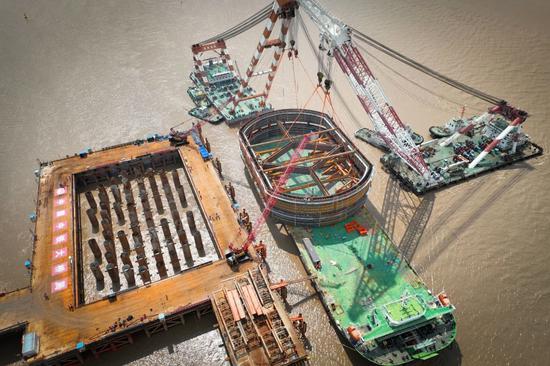

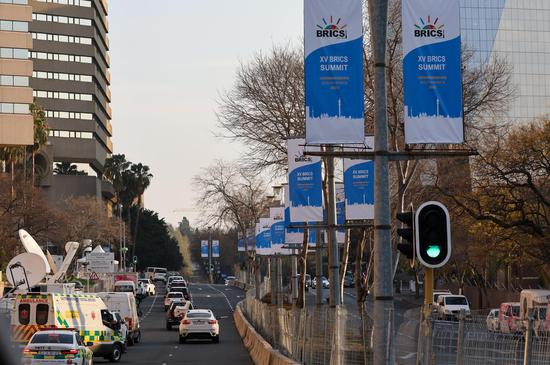



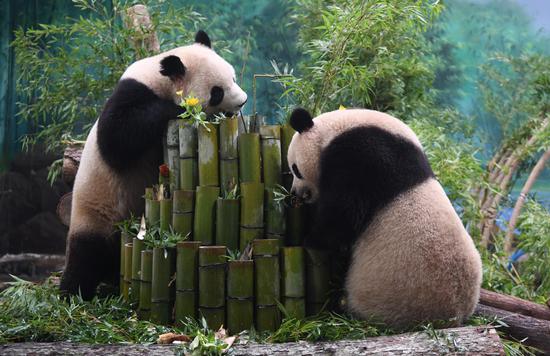

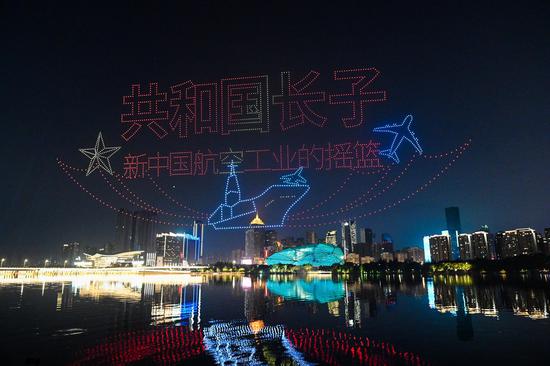
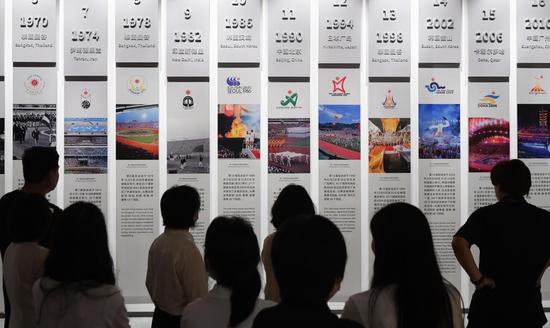
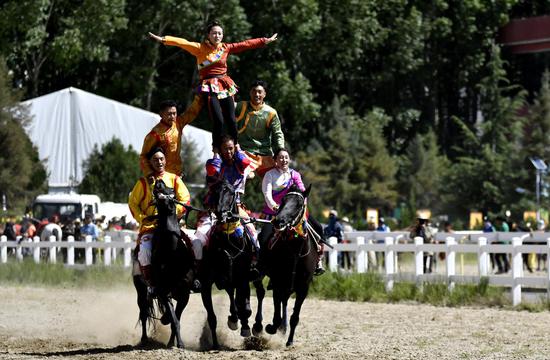


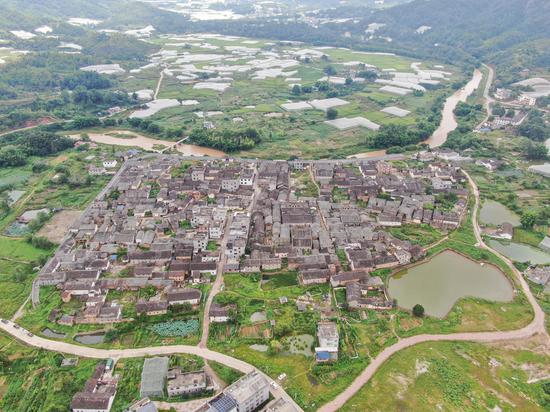
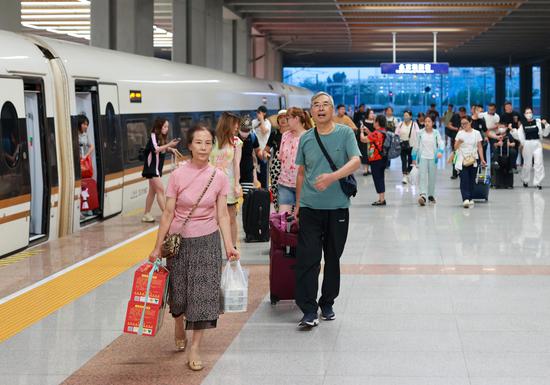





 京公网安备 11010202009201号
京公网安备 11010202009201号